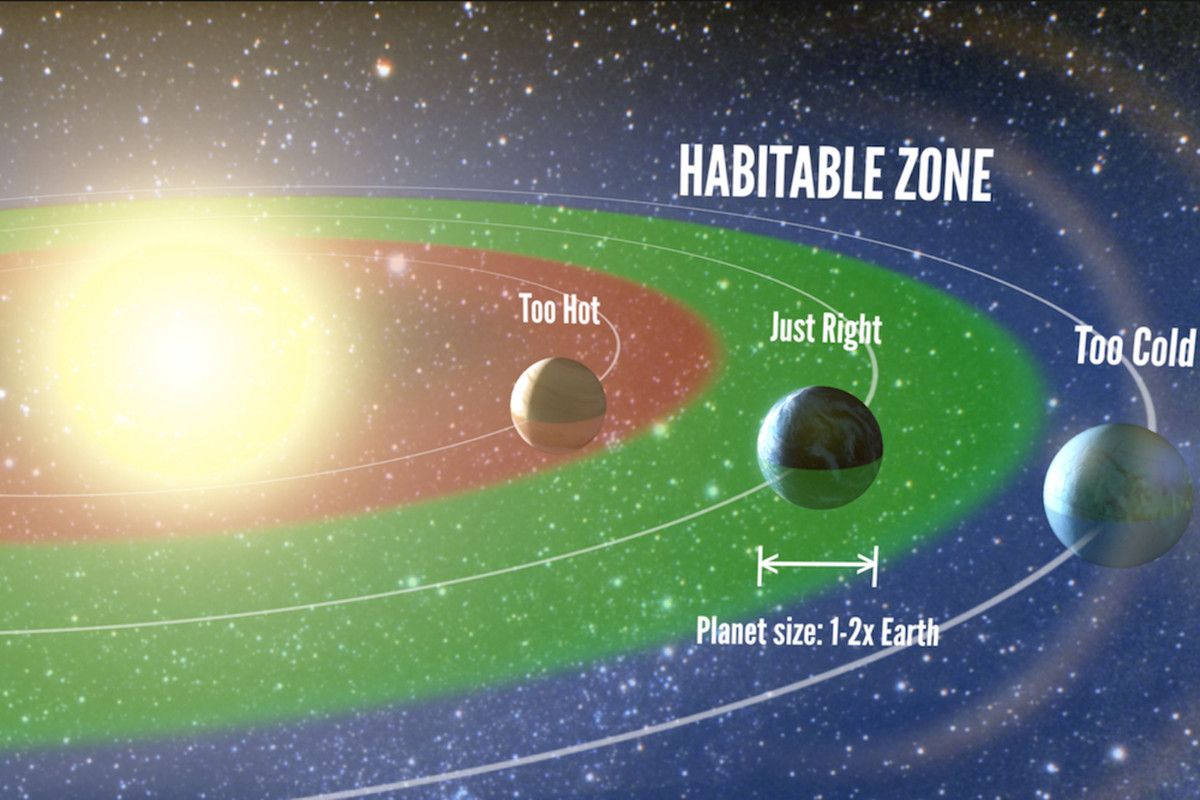Scientists Narrow Search After Shocking Find About Extraterrestrials
by Sean Martin June 11, 2019 (express.co.uk)
• Scientists searching for habitable alien worlds usually focus on the ‘habitable zone’, where the region of space is neither too cold nor too warm for life to exist. Star gazers at the University of California Riverside believe that scientists have failed to take into account a build-up of toxic gasses within a planet’s atmosphere which would not allow complex life to evolve.
• For example, any planet on the coldest outer edge of the habitable zone with liquid on the surface would require carbon dioxide at levels thousands of times that of Earth’s to maintain liquid and not have it freeze, according to Edward Schwieterman, lead author of a study published in The Astrophysical Journal. “That’s far beyond the levels known to be toxic to human and animal life on Earth,” said Schwieterman.
• Another inhospitable example is intense ultraviolet radiation as from the Earth’s two closest alien stars – Proxima Centauri and TRAPPIST-1, which would batter any planets within their habitable zones, leading to a build up of poisonous carbon monoxide.
• “This is the first time the physiological limits of life on Earth have been considered to predict the distribution of complex life elsewhere in the universe,” says Timothy Lyons, one of the study’s co-authors and a professor of biogeochemistry in UCR’s Department of Earth and Planetary Sciences, and director of the Alternative Earths Astrobiology Center.
• “As far as we know, Earth is the only planet in the universe that can sustain human life,” concludes Schwieterman.
• [Editor’s Note] I’m sure that there are alien civilizations out there who consider this planet to be blanketed in a “poisonous” gas – oxygen. How can educated ‘experts’ make such ludicrous statements as “Earth is the only planet in the universe that can sustain human life”? Human-type beings exist throughout not only the universe, but throughout the galaxy and our own star system of 52 stars. This is just more disinformation calculated to make the public falsely believe that there is no alien presence on our world, or even close by. Lately, in the press there seems to be a concerted effort to push this Deep State agenda of ‘keep moving, there’s nothing to see here’.
Scientists’ search for aliens has become more focused on a smaller number of planets after making a discovery about the composition of most planets’ atmospheres. Typically, alien hunting experts have been analysing planets which are in the habitable zone of their host star – an region in space where it is neither too cold nor too warm for life to exist.
However, experts from the University of California Riverside (UCR) believe other scientists have failed to take into account a build up of toxic gasses within a planet’s atmosphere which would not allow complex life to evolve.
For example, by using computer models the researchers found that any planet on the outer edge of the habitable zone with liquid on the surface would require carbon dioxide – a greenhouse gas – levels thousands of times that of Earth’s to maintain liquid and not have it freeze.
Edward Schwieterman, lead author of the study published in The Astrophysical Journal, and a NASA Postdoctoral Program, said: “To sustain liquid water at the outer edge of the conventional habitable zone, a planet would need tens of thousands of times more carbon dioxide than Earth has today.
“That’s far beyond the levels known to be toxic to human and animal life on Earth.”
FAIR USE NOTICE: This page contains copyrighted material the use of which has not been specifically authorized by the copyright owner. ExoNews.org distributes this material for the purpose of news reporting, educational research, comment and criticism, constituting Fair Use under 17 U.S.C § 107. Please contact the Editor at ExoNews with any copyright issue.
